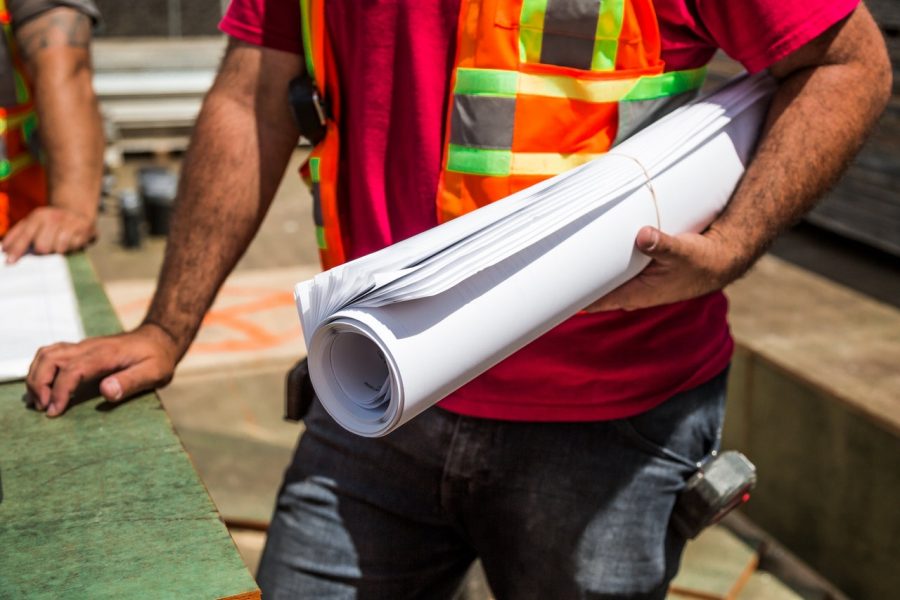The Commissioning Engineer’s Toolkit: Thriving on the Field
Commissioning engineers play a crucial role in ensuring the successful installation and operation of complex industrial systems. Their work often takes them to various field locations, where they must deal with unique challenges and uncertainties. To thrive in this demanding profession, commissioning engineers need a well-equipped toolkit that goes beyond conventional tools and includes a combination of technical expertise, adaptability, and problem-solving skills.
Technical Proficiency:
First and foremost, commissioning engineers need a strong foundation in their field. They should have a deep understanding of the systems they work on, whether it’s in the realm of electrical, mechanical, or automation engineering. Keeping up-to-date with industry standards, technologies, and best practices is essential for successful commissioning.
Documentation Skills:
Detailed documentation is a cornerstone of commissioning work. Engineers must maintain comprehensive records of their activities, including test results, drawings, and equipment specifications. Clear and organized documentation not only helps in troubleshooting but also ensures compliance with regulatory requirements.
Communication Skills:
Effective communication is vital for any commissioning engineer. They must work closely with various stakeholders, including project managers, contractors, and clients. The ability to convey technical information in a clear and concise manner, both in writing and verbally, is essential for successful project coordination.
Problem-Solving Skills:
In the field, unexpected issues can arise at any moment. Commissioning engineers must be skilled problem solvers who can quickly identify the root causes of problems and devise effective solutions. Being resourceful and adaptable is key to overcoming challenges on the spot.
Field Experience:
Nothing can substitute real-world field experience. Seasoned commissioning engineers have encountered a wide range of challenges and developed a deep understanding of how systems operate in practice. Mentorship and on-the-job learning opportunities are invaluable for the skills they can teach on the job and the skills of long-term in the field living in accommodation from sites like comfyworkers.com.
Safety Awareness:
Safety is a top priority in industrial settings. Commissioning engineers need to be well-versed in safety protocols and procedures, ensuring that their work doesn’t compromise the well-being of themselves or others. A keen awareness of potential hazards and the proper use of personal protective equipment are essential.
Testing Equipment:
Having the right testing equipment is critical for commissioning engineers. This includes instruments like multimeters, oscilloscopes, and data loggers. Properly calibrated tools ensure accurate measurements and help in diagnosing issues efficiently.
Software Tools:
In today’s digital age, commissioning engineers often rely on specialized software tools for programming, data analysis, and simulation tasks. Familiarity with software packages like SCADA systems, PLC programming software, and CAD tools can significantly enhance their efficiency.
Soft Skills:
In addition to technical know-how, commissioning engineers should possess soft skills like teamwork, adaptability, and patience. Collaboration with diverse teams and the ability to adapt to changing project requirements are essential for success.
Continuous Learning:
The field of engineering is constantly evolving. Commissioning engineers should thirst for knowledge and be committed to continuous learning. Attending seminars, workshops, and pursuing advanced certifications can help them stay at the forefront of their field.
Conclusion
Commissioning engineers need a diverse toolkit that encompasses technical proficiency, documentation skills, communication abilities, problem-solving expertise, safety awareness, the right equipment, and a commitment to lifelong learning. By honing these skills and staying well-equipped, commissioning engineers can thrive in the field and ensure the successful operation of complex industrial systems, contributing to the advancement of various industries.
Share It on :





